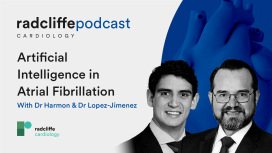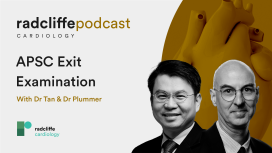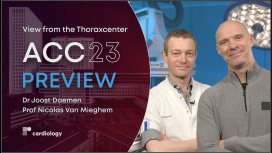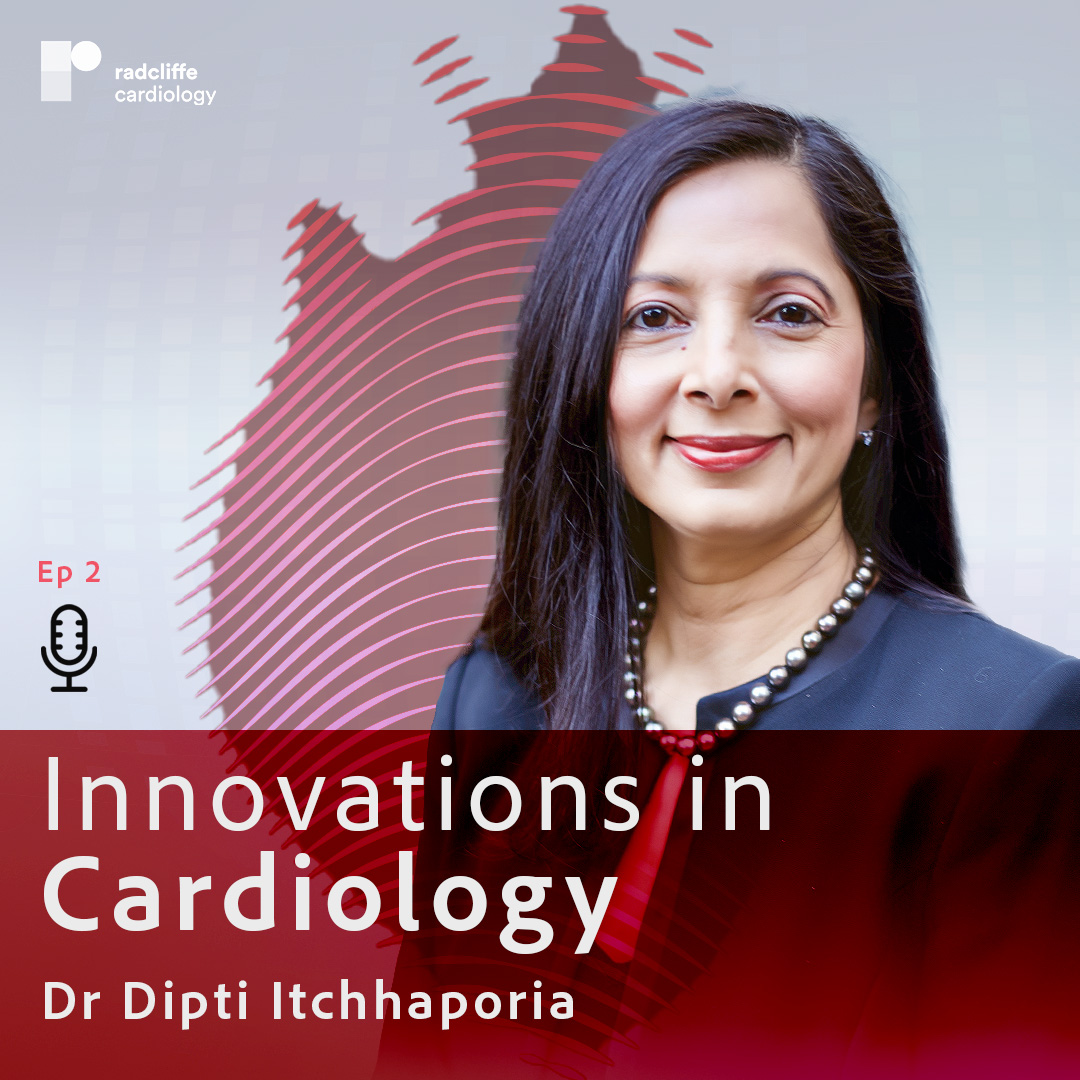
Host, Dr Dipti Itchhaporia (Hoag Heart and Vascular Institute, Newport Beach, CA, US) is joined by PI, Dr Derek Chew (Monash Heart and Victorian Heart Institute, AU) to discuss the findings from the RAPIDxAI trial, which aims to improve the assessment of suspected cardiac chest pain in emergency departments (ED) using a machine-learning algorithm that will interpret high-sensitivity troponin test results, assisting the diagnosis of myocardial infarction (MI) and other myocardial injuries. Conducted across 12 hospitals with 9600 patients, RAPIDxAI compares AI-supported decision-making to standard of care.
Investigators found that the availability of AI-based decision making tools guiding diagnostic and prognostic evaluation of high-sensitivity troponin T did not impact clinical care to improve cardiovascular outcomes. There was no increased risk using the algorithms observed in the trial, demonstrating the safety of the algorithm. Dr Itchhaporia and Dr Chew discuss the trust levels of cardiologists in implementing AI algorithms into clinical practice, and cost-effective methods of validating AI, as well as the lessons learnt from the trial.
If you have any questions or suggestions for topics to cover on the Radcliffe Podcast, please email managingeditor@ecrjournal.com.

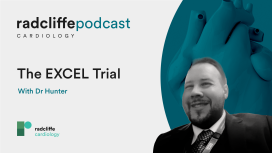

Dr Irene Martin de Miguel (Hospital General Universitario Gregorio Marañón, Madrid, Spain) joins us in this featured author episode to outline her recent review article, Atrial Fibrillation in Congenital Heart Disease. In this podcast, Dr de Miguel provides an overview of the current knowledge of AF in CHD, giving practical recommendations for your everyday practice.
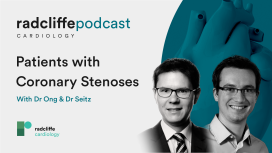
Today's episode features co-hosts Dr Peter Ong and Dr Andreas Seitz (Robert-Bosch Hospital, Stuttgart, DE) who together summarise the main results from the TARGET FFR and DEFINE-FLOW trials that were presented at TCT Connect 2020 and published recently in ECR journal, in the context of the existing literature.


